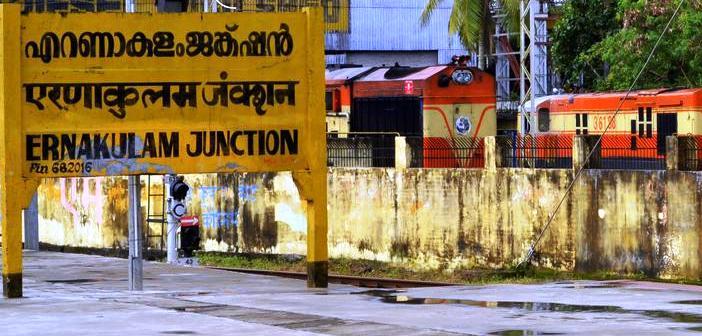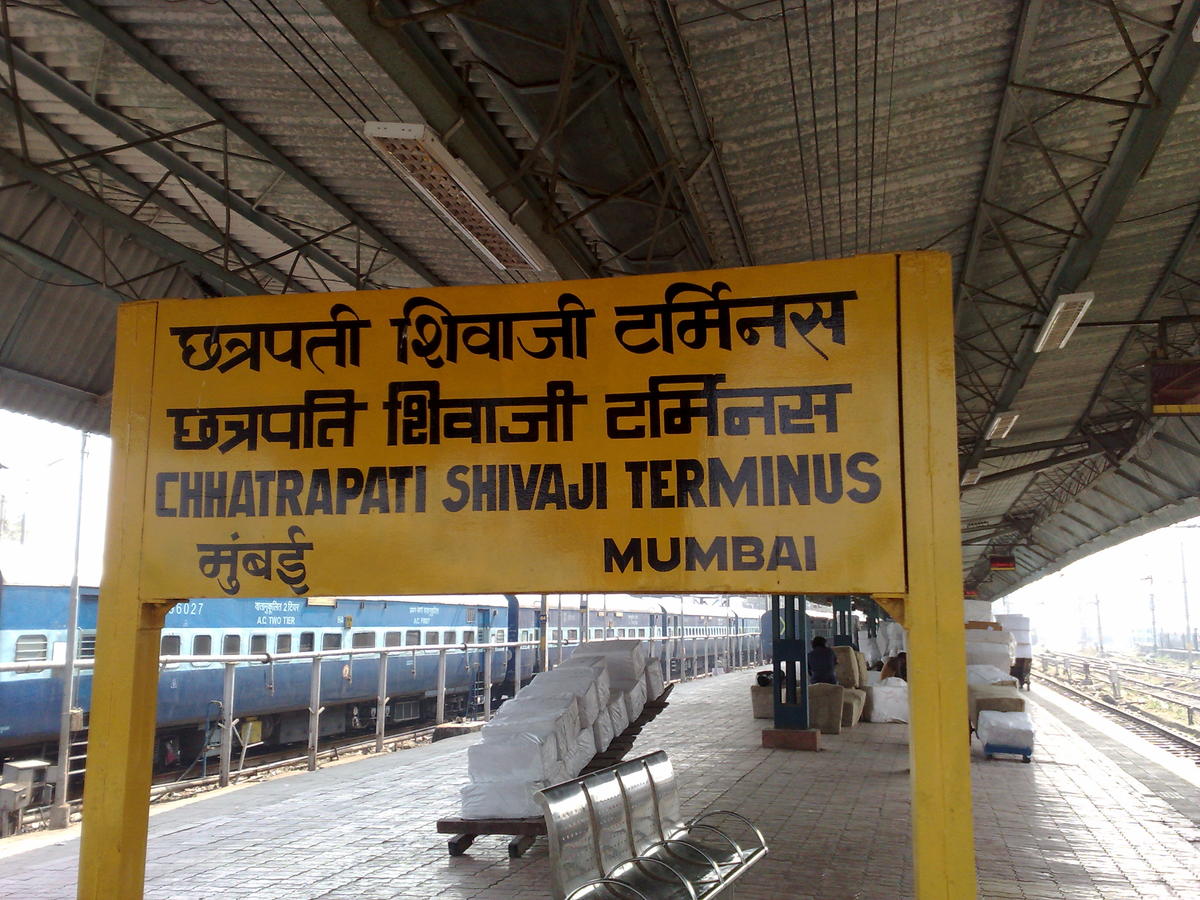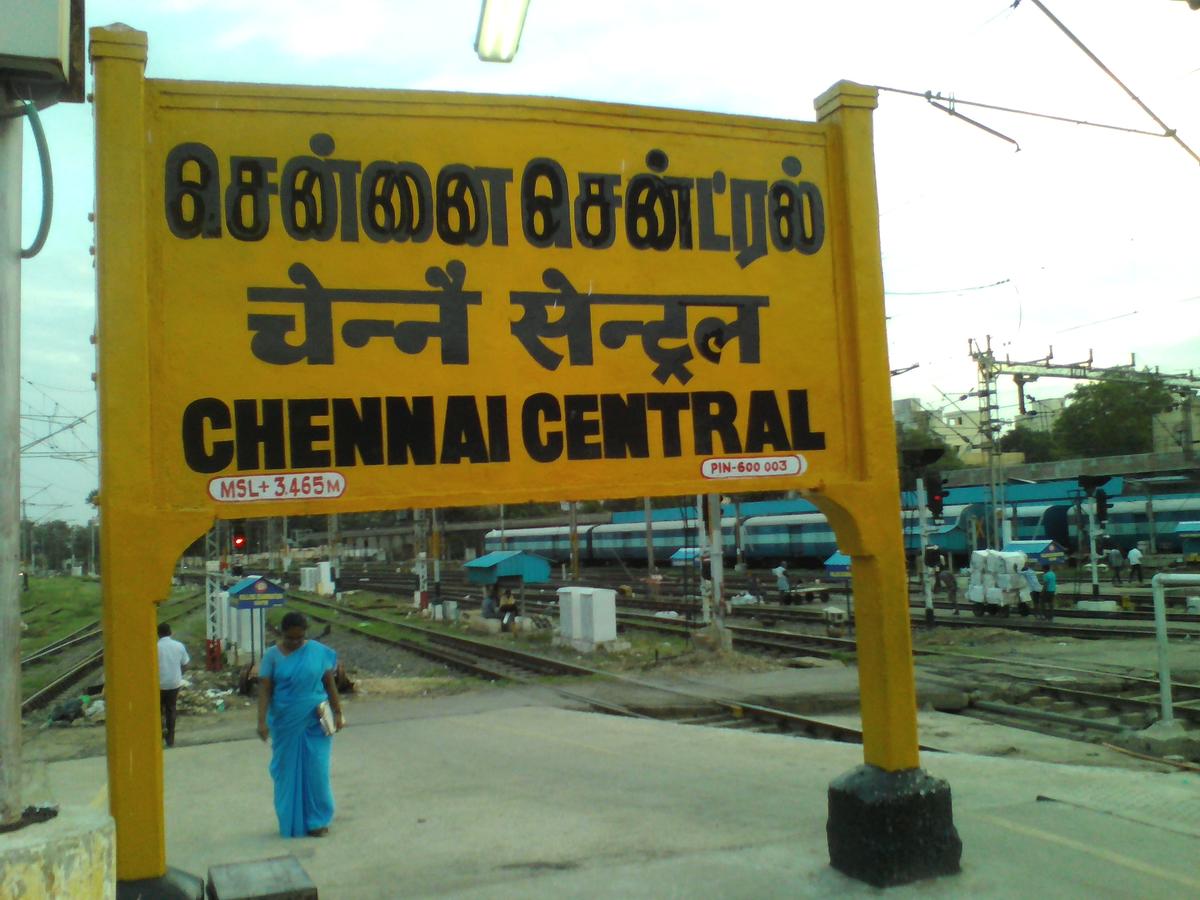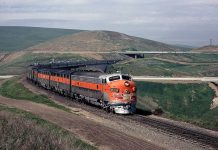Difference between Train Junction, Central and Terminus
Flights have overtaken trains but train holds a dear place in our hearts. It’s synonymous with the travel-wali-feel, country-side and stinking toilets. Nevertheless, train journeys are fun. We however noticed, not many were aware of the difference between a train junction,a central and a terminus, so we wrote it for you.
Every train passenger, be it local or far, has heard words like Mughalsarai Junction, Kanpur Junction or Chhatrapati Shivaji Terminus, at some point of time in his or her life. However, we shrug them off by knowing that all these are different terms to denote a ‘station’. What if they are more than that? I am guessing they are. Some stations include – New Delhi Station, Howrah Junction Railway Station, Kanpur Central, Patna Station, Vijayawada Station, Allahabad Junction, Itarsi Junction, Kalyan Junction.
CENTRAL

The term ‘central’ is used for a centrally situated station and the one which is the busiest of all, joining all the other stations in that area. In other words, a ‘central’ is the guardian station, preferably the oldest too, which serves as the main station of connecting railway lines from different stations in its periphery. Certain examples of a ‘central’ are, Kanpur Central (CNB), Chennai Central (MAS), Mumbai Central (BCT),Mangalore Central (MAQ),Trivandrum Central (TVC).
TERMINUS

Terminus comes from the Latin word ‘terminus’, which means ‘a limit or a boundary.’ Terminus is often referred to as the end of a town or city, or maybe a transportation system. In a railway terminus, the trains can enter and leave only in one direction, for instance, The Lokmanya Tilak Terminus Railway Station.
JUNCTION

The Junction is referred to the station from where several routes diverge or several routes meet. Junction stations are the ones in which a train has at least two or more than two different routes to leave the station. The tracks are placed simply which allows trains to converge from different routes or diverge from the station.
It is rather shocking to know that the words we see daily, some way or the other have such a vast meaning. Nonetheless, this helps us understand our railway system a little better.


















